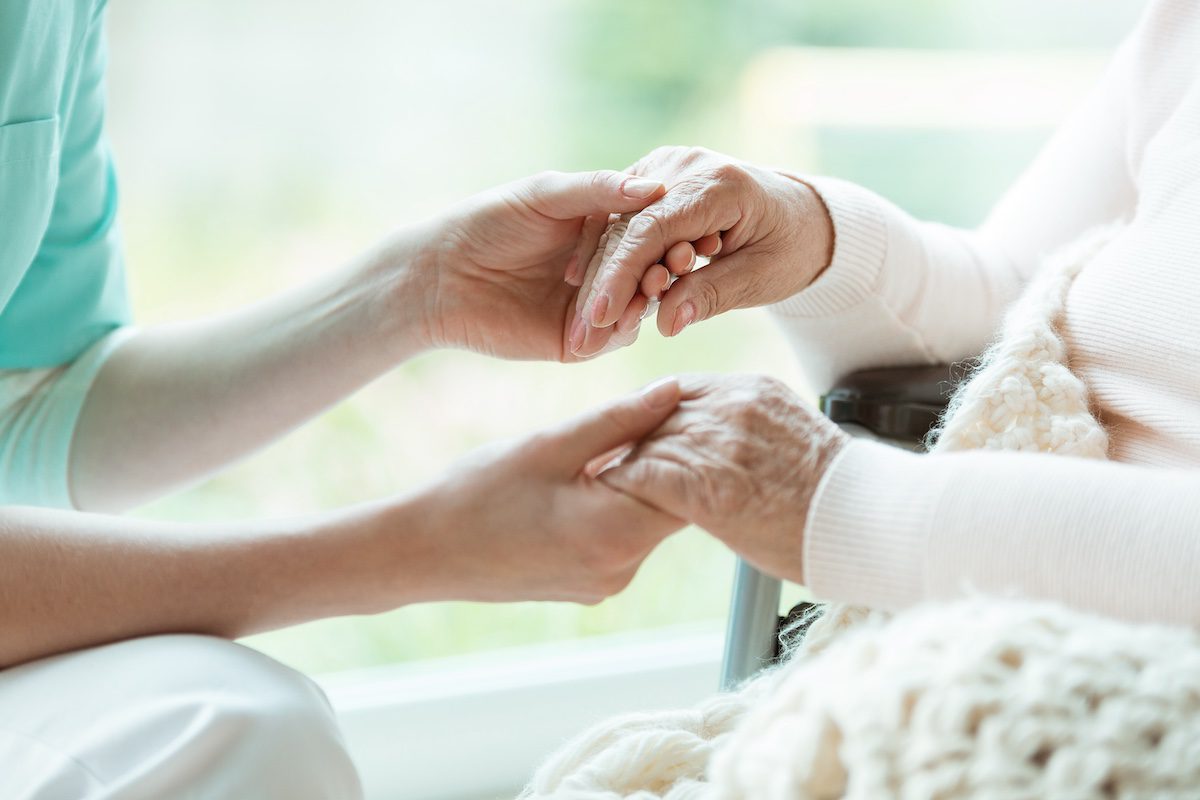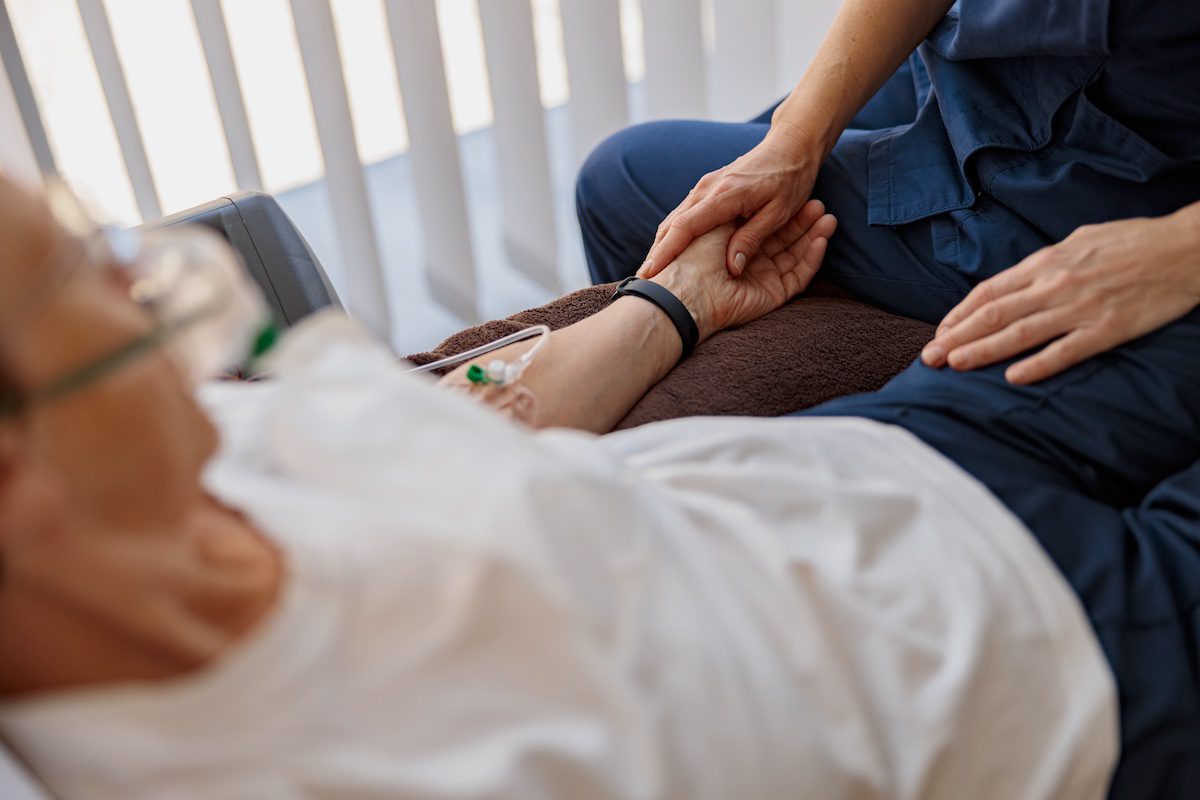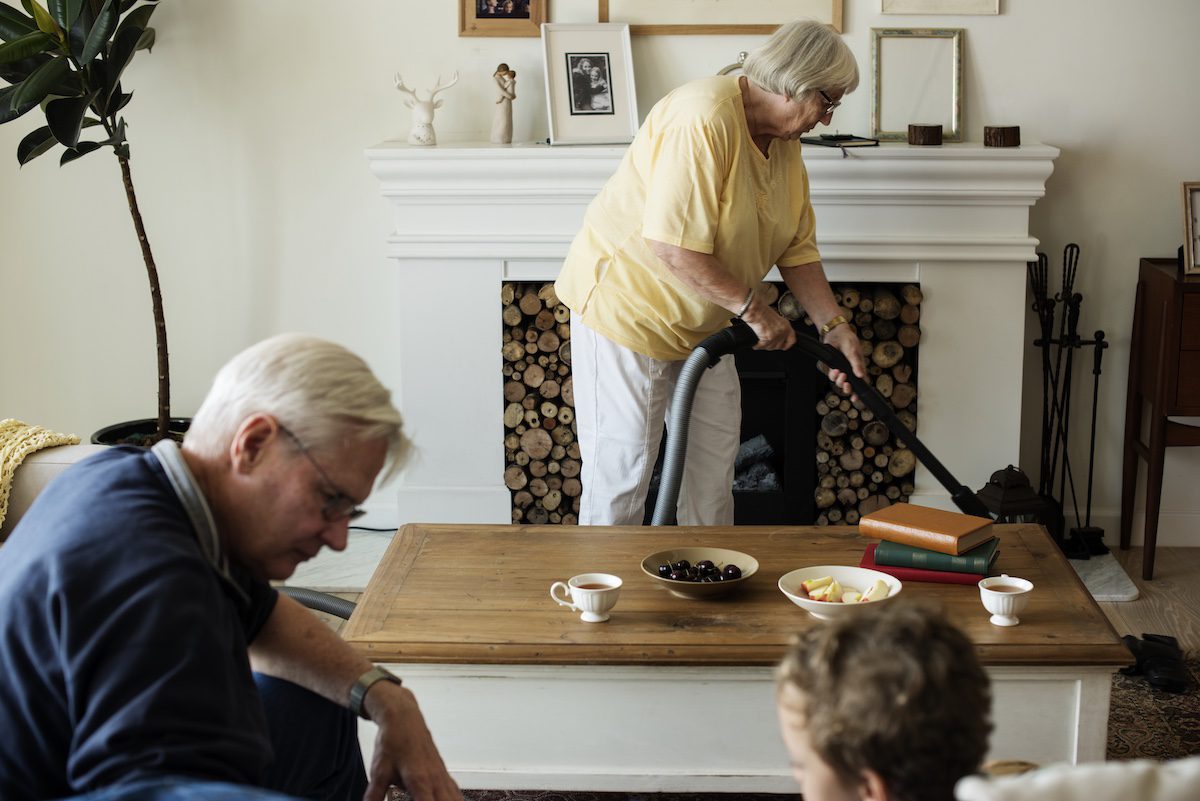The Grieving Process
The death of a loved one can be one of the most painful experiences in our lives. When it happens, it can feel like it will be impossible to ever recover. During the grieving process, you might be angry, sad, guilty or a combination of all three. Your emotions may fluctuate wildly, or they may stay the same the whole time. There is no wrong way to grieve, but if the feelings of sadness persist for a long time, it may be necessary to seek help.
Find out more about the signs of complicated grief and what you can do to help yourself.
What are the symptoms of complicated grief?
Grief is completely normal, but when symptoms are severe or go on for a long time, it can start to become complicated grief. Complicated grief is a diagnosis that can be determined if normal grief symptoms do not subside after a long period of time. Symptoms of complicated grief include:
- Severe feelings of depression
- Addictive behaviors including drugs, alcohol, gambling, shopping or others
- Lack of self-care
- Avoiding places or situations that remind you of your loved one
- Extreme anger
- Inability to focus on anything but the death of your loved one
- Problems sleeping
- Lashing out at others
- Panic attacks
You may be at a higher risk for complicated grief if you have lost multiple loved ones in a short period of time or if you lack any surrounding social support. If this is the case, it may be in your best interest to seek treatment sooner rather than later. If you experience thoughts of suicide during your grief, seek medical treatment immediately.
What does grief counseling do?
Though counseling can never make the pain of loss entirely, it can help you to learn how to cope. Grief counselors are trained to help you get in touch with your emotions and learn how to deal with this devastating loss. Counseling helps you to:
- Build coping mechanisms. When trauma occurs, most of us are guilty of throwing self-care to the side. Counseling allows you to develop habits that can help you cope with the loss. For instance, if quiet time helps you to process your emotions, your counselor may suggest scheduling an hour each week when you can spend time in a library or another quiet place. By developing these healthy habits, you will be able to better process your emotions in a healthy way.
- Address the loss. Denial is the first stage of grief, and for many, it is a difficult stage to conquer. It often feels easier to avoid addressing the loss and compartmentalize your feelings. In reality, failing to process the loss is one of the leading causes of complicated grief. Counseling provides you with a safe environment to speak about the reality of the loss and understand your feelings surrounding the death.
- Learn to live life without your loved one. One of the hardest parts of moving on from a loss is understanding how life can go on without them. Many refuse to believe that happy events like holidays, births and weddings can go on without their loved one. Counseling is especially important during these times, since it is often a time of increased stress or sadness.
What can I do to get help?
Seeking help is a brave choice, and one that will only impact your life for the better. If you or someone you care about has noticed that it’s time to seek help, consider trying one of these resources:
- Turn to friends and family. Your friends and family are there for you no matter what, and they can lend a caring ear when you need it most. Guarding your feelings away from others only makes it more difficult for you to process your grief. Know that you have a support system who is looking out for you, and be willing to utilize them in times of need.
- Join a support group. Support groups are a great way to connect with others who have gone through the same experiences as you. This shared bond allows you to connect better and understand what each of you are going through. Often, hearing advice from others who have not experienced a loss can seem phony, and support groups can make sure that those around you have a true, deep understanding of your trauma.
- Speak to a counselor. As we mentioned above, grief counseling is one of the best ways to combat complicated grief. In fact, this is why we provide free counseling for up to a year after the loss at Seasons Hospice. We understand that everyone should have access to counseling when processing a loss, which is why our services are available to the public at no cost. If you need help, we’re here.
Do you need grief support?
Seasons Hospice of Tulsa and Seasons Hospice of Muskogee provide a number of free bereavement resources to help you cope with your emotions. Contact us today to learn more.




